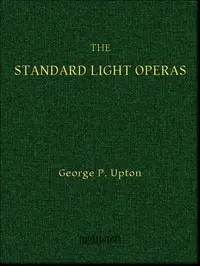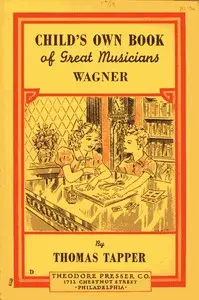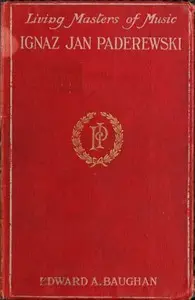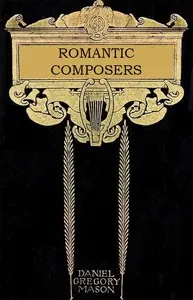"Principles of Orchestration, with Musical Examples Drawn from His Own Works" by Nikolay Rimsky-Korsakov is a treatise on orchestration written in the early 20th century. This work serves as a comprehensive examination of orchestral techniques, focusing on the principles of orchestrating music while providing insights from Rimsky-Korsakov’s own compositions to illustrate these concepts. The book targets students of music and composers seeking to understand the nuances and artistic considerations involved in orchestration. At the start of the work, the authoress lays out the motivation behind his treatise, emphasizing the need to express orchestration as an essential part of music composition. The opening chapters detail the structure and capabilities of various orchestral groups, beginning with stringed instruments, and introduce fundamental concepts related to melody and its orchestral execution. Rimsky-Korsakov offers practical guidance on how to create effective combinations of instruments, explore their tonal qualities, and understand their expressive capacities. Through his meticulous analysis, he aims to provide a framework that enables musicians to master the art of orchestration while reminding them that creativity in this domain cannot be taught in formulaic terms. (This is an automatically generated summary.)

Principles of Orchestration, with Musical Examples Drawn from His Own Works
By Nikolay Rimsky-Korsakov
"Principles of Orchestration, with Musical Examples Drawn from His Own Works" by Nikolay Rimsky-Korsakov is a treatise on orchestration written in the...
Free Download
Overview
About the Author
Information on this author is scarce, but their work continues to inspire readers.
Total Reviews
10.0k
Total reviews from Goodreads may change













